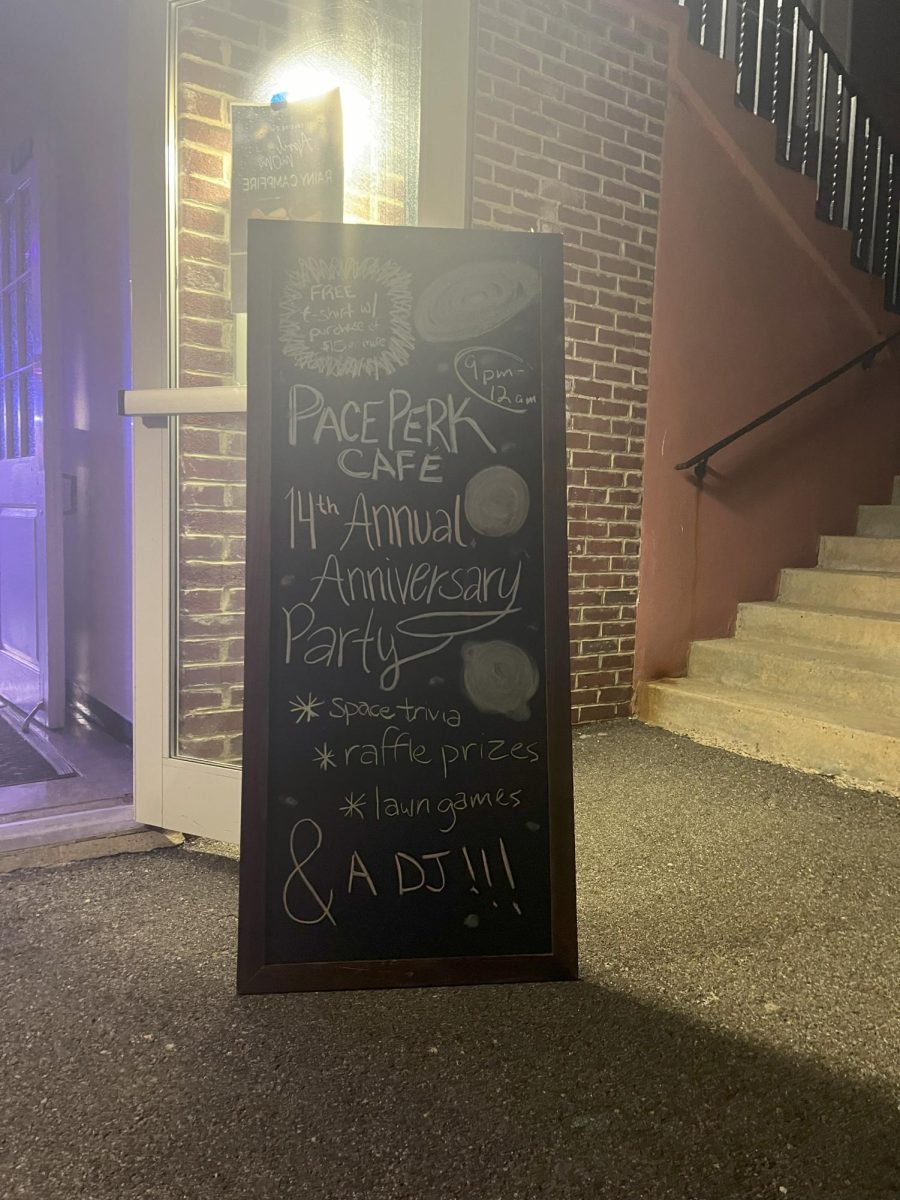The new Pace Environmental Policy and Practice Clinic (Clinic) is working with a group of New York State citizens who seek to ban the use of exotic animals by travelling shows.
Under the umbrella of the Pace Academy for Applied Environmental Studies (Academy), the Clinic, led by faculty and ran by students, is developing a public education campaign as part of the Academy’s on-going efforts to get New York State (NYS) to pass a bill banning animals such as elephants and tigers from travelling entertainment.
Professors John Cronin and Andrew Revkin, Senior Fellows for Environmental Affairs and Environmental Understanding at the Academy, respectively, lead the Clinic, which debuted this semester as a learning community, and works as a real-world organization would, taking up clients and working on different projects directed towards sustainability and nature conservation.
“The main emphasis of the clinic is to educate the public and the student body on the treatment animals receive at circuses, and make it known that there is a proposed law to ban the use of wild animals,” Cronin said. “Students will develop a social media campaign and use it to bring attention to the circuses coming to NY in the spring, and hopefully spread the word through NYS to increase awareness of the bill.”
“The Clinic is a unique opportunity because it replicates the world in which we hope to work as professionals,” junior personal and social psychology major Nadya Hall, who is part of the Clinic, said.
Bob Funck, a member of the Committee to Ban Wild & Exotic Animals Acts, explained that there are two key issues behind the bill.
“First, you have to consider that these animals move in broad ranges in the wild, and they are shackled, inside small boxes, for long periods of time with travelling circuses,” Funck said. “The training process subjects these animals to abuse, and unnatural behaviors are expected from them.”
An example of alleged abuse is the use of bull hooks in the training of elephants, which includes sinking the metal hook into an elephant’s sensitive skin to execute an order.
The second key issue is one of public safety.
“These wild animals are unpredictable, there are many cases where they have attacked their trainers and the public, resulting in injuries and deaths,” Funck said. “Some years ago a chimpanzee attacked a woman in Connecticut and almost killed someone else.”
According to the New York Senate website, the bill (Bill S5971) “restricts the use of exotic and wild animals in traveling circuses and shows; prohibits the use of any wild or exotic animal that was traveling in a mobile housing facility thirty days before the circus or show” and “establishes civil penalties for violations.” The bill focuses on a certain group of animals defined as dangerous by the U.S. Department of Agriculture, such as elephants, lions, bears, tigers, and primates. Amy Paulin introduced the bill in the New York State Assembly, and George Latimer in the New York State Senate.
Funck, along with his wife, Louise, have been involved in issues regarding animal welfare for many years. In 2007 they were successful in getting Westchester Medical College to adopt alternatives to the dissection of live dogs in one of its programs.
The Clinic’s involvement follows the relationship between the Academy and Funck. In 2009, Funck approached Michelle Land, Director of the Academy, about partnering to get Westchester County to ban large wild animals from entertainment acts, such as the Royal Hanneford Circus, at the County Center.
“I agreed to help them to propose policy solutions to the Westchester County Board of Legislators and the County Executive’s office,” Land said. “We didn’t get very far with Westchester, so we turned our efforts to a statewide ban on the use of large wild animals in traveling shows.”
For Funck, the biggest obstacle for the bill is educating the public.
“Few people understand what circuses entail, there is the training, the travel conditions, and a real public safety issue,” Funck said. “We have nothing against circuses, they are capable of providing entertainment without these animals.”
He went on to mention Cirque du Soleil and the Big Apple Circus as examples of successful circuses without exotic animals.
However, Funck is conscious of the difficulty of convincing people, especially families with little kids, of not going to the circus. Still, he thinks children’s experiences with pets can point them in the right direction.
“Children know dogs get treats to do tricks, if they thought dogs would get beaten to do the trick, I think they would be disturbed,” Funck said.
According to Cronin, student involvement is important because students are part of the age group targeted by circuses.
“The circuses don’t want students’ minds to change, students will have families one day, as such, they can choose whether or not to go to circuses that support cruelty,” Cronin said. “We believe that, on this issue, students can be more effective that faculty,”
The next step for the bill is to be scheduled in the agenda for the agriculture committee hearing.
“But this,” Funck said, “requires voters to reach out to their representatives to bring the bill to the committee.”
If successful in the agriculture committee, the bill would then be brought to the Assembly and the Senate.
“Based on their address, people can look up their Senate and Assembly representatives’ contact information at the NYS website [www.ny.gov] under the Legislative section,” Funck said.
You can follow the Clinic’s activities on Twitter, @epolicypace.



